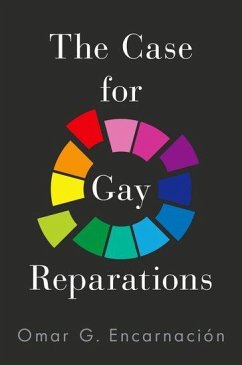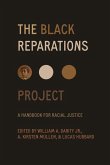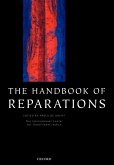This book makes the case for why the United States should embrace "gay reparations," or policies intended to make amends for a history of discrimination, stigmatization, and violence against the LGBT community. It contends that gay reparations are a moral imperative for bringing dignity to those whose human rights have been violated because of their sexual orientation and/or gender identity, for closing painful histories of state-sponsored victimization of LGBT people, and for reminding future generations of past struggles for LGBT equality. To make its case, the book examines how other Western democracies notorious for their oppression of homosexuals have implemented gay reparations--specifically Spain, Britain, and Germany. Their collective experience shows that although there is no universal approach to gay reparations, it is never too late for countries to seek to right past wrongs.
Hinweis: Dieser Artikel kann nur an eine deutsche Lieferadresse ausgeliefert werden.
Hinweis: Dieser Artikel kann nur an eine deutsche Lieferadresse ausgeliefert werden.








